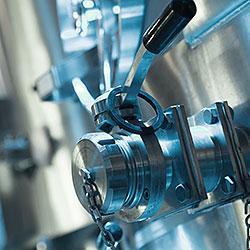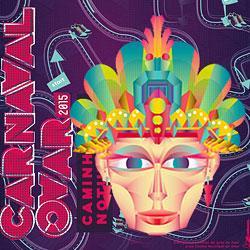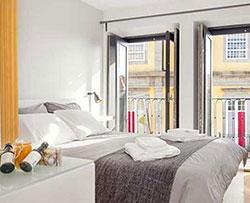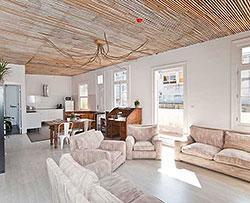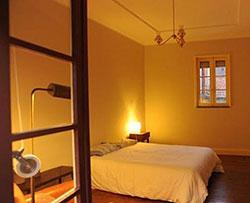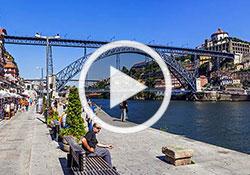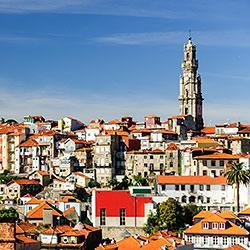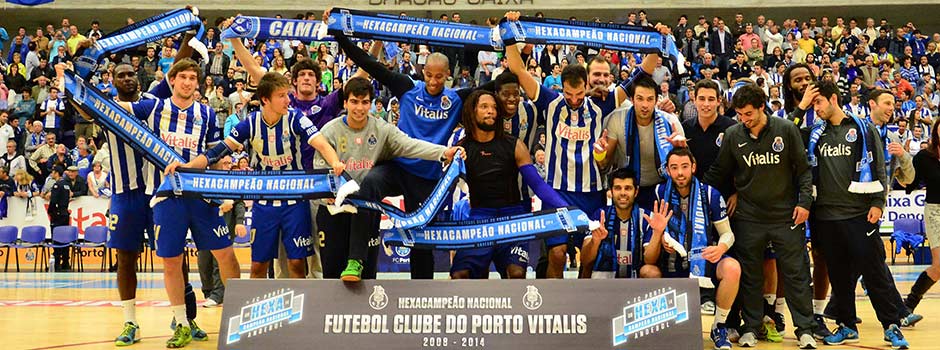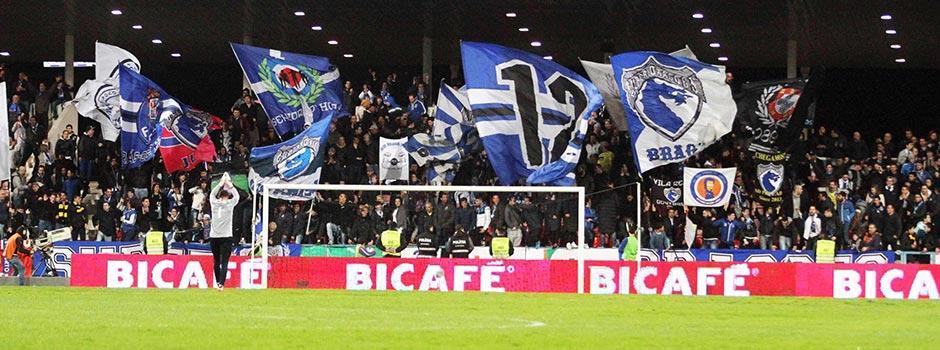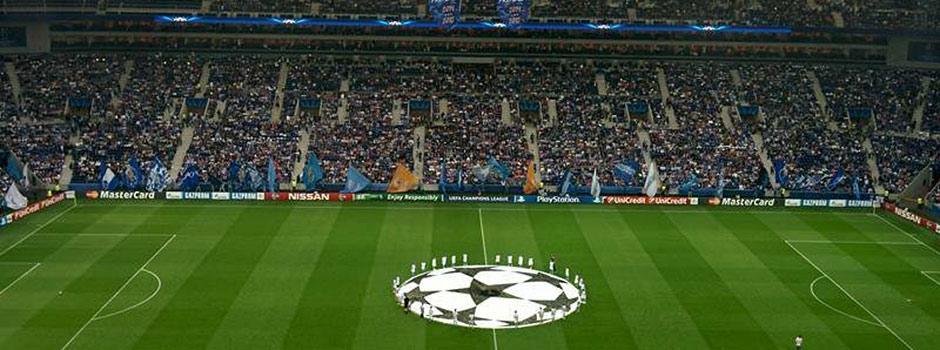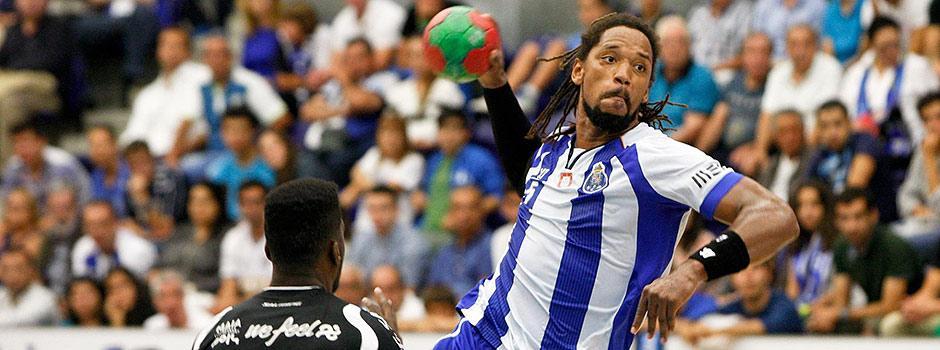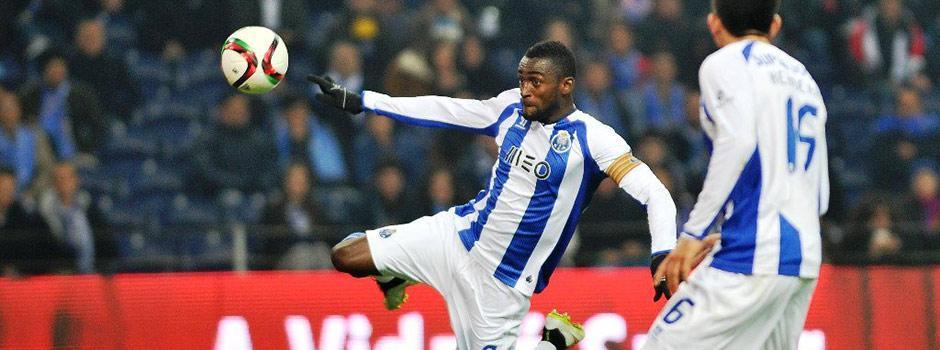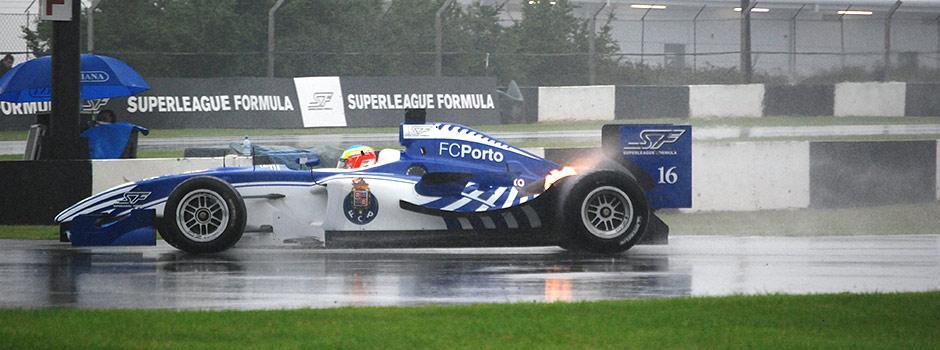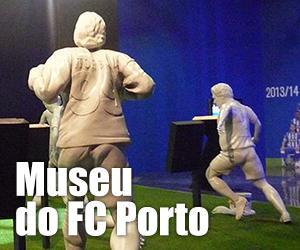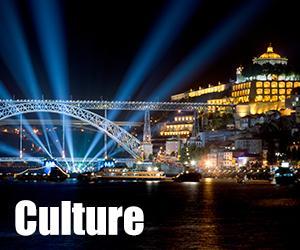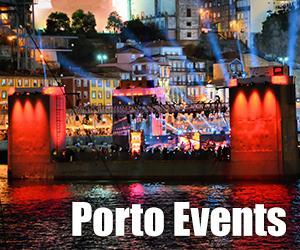This club's origin dates back to September 1893 and it all began with a young wine merchant, António Nicolau de Almeida, as there are records showing that he invited Club Lisbonense for a game. Nevertheless, the club had a period of inactivity until 1906, when José Monteiro da Costa re-founded the club.
With each year, the club gradually grew and became huge, especially in view of its ambition on the field. It gradually started winning trophies and the 1980s were absolutely unforgettable! In 1987 and 1988, FC Porto won the Champions Cup, the Intercontinental Cup and the European Supercup. Some years later, it was its turn to reach the five-time league champion title. There's no stopping Porto!
After all these years, FC Porto keeps its image of a winning, competitive and dynamic team. We can see the strength of this club through the titles it has won, such as 2002/2003 UEFA Cup, 2003/2004 UEFA Champions League, 2004 Intercontinental Cup and the Europa League in the 2010/2011 season, as well as all the titles it has won in the Portuguese league (27 up to now). Quite a remarkable track record!
But FC Porto is not only about football. This club also has other sports, such as roller hockey, handball, swimming, basketball, athletics, adaptive sports, motor sports, boxing, volleyball, cycling and even billiards, camping, chess, fishing, karate and weight-lifting!
One of the club's most charismatic characters is the current chairman, Jorge Nuno Pinto da Costa, who has been leading the club since 1982. He is renowned for provoking the Lisbon clubs, driven by the North-South rivalry. "Lisbon cannot keep colonising the rest of the country. They want FC Porto to drop down a division", is one of the most outrageous phrases of this leader, who many call 'The Pope'. It was once he was in front of this club that it won its main accolades, keeping on a steady and untouchable path up to the present.
FC Porto's Football Stadium, Estádio do Dragão, is modern, functional and impressive. It was the venue for several of the Euro 2004 matches, namely the first game in this European championship. It was at that time that they moved from the old Estádio das Antas to the Dragão. It has a capacity for 50 thousand spectators and is not only a sports reference but also a cultural one, as it holds many events, such as concerts by international bands. Groups such as Coldplay, the Rolling Stones and Muse have already played at the Dragão.
At Estádio do Dragão you can also visit the the club's museum (Museu Futebol Clube do Porto), where you'll find a fine collection of prizes and cups, the history of the club, right from its origins, and other details, such as the history of the club's strip, the best players and some of the most significant occurrences in the life of the club.

 English
English  Português
Português 


